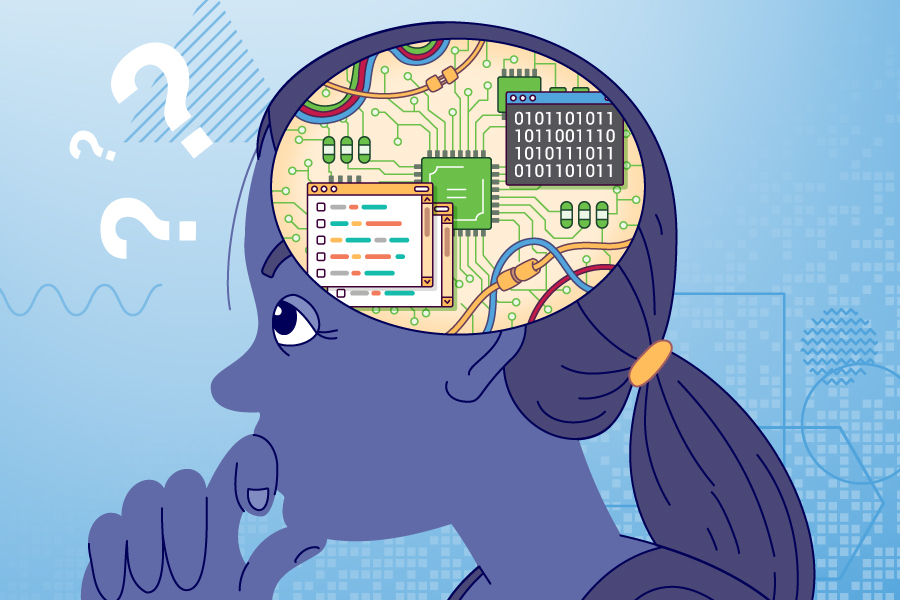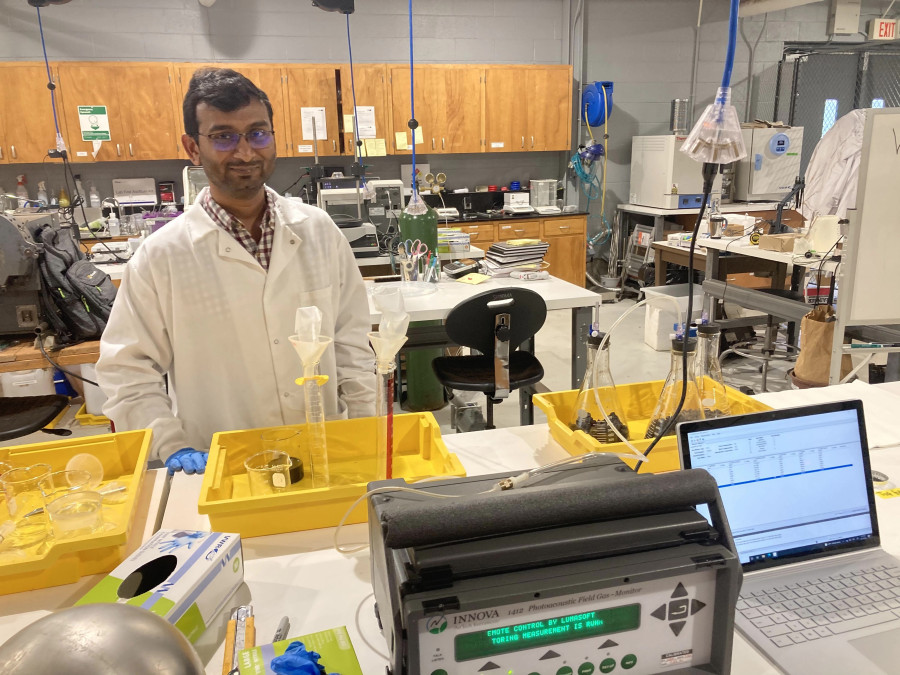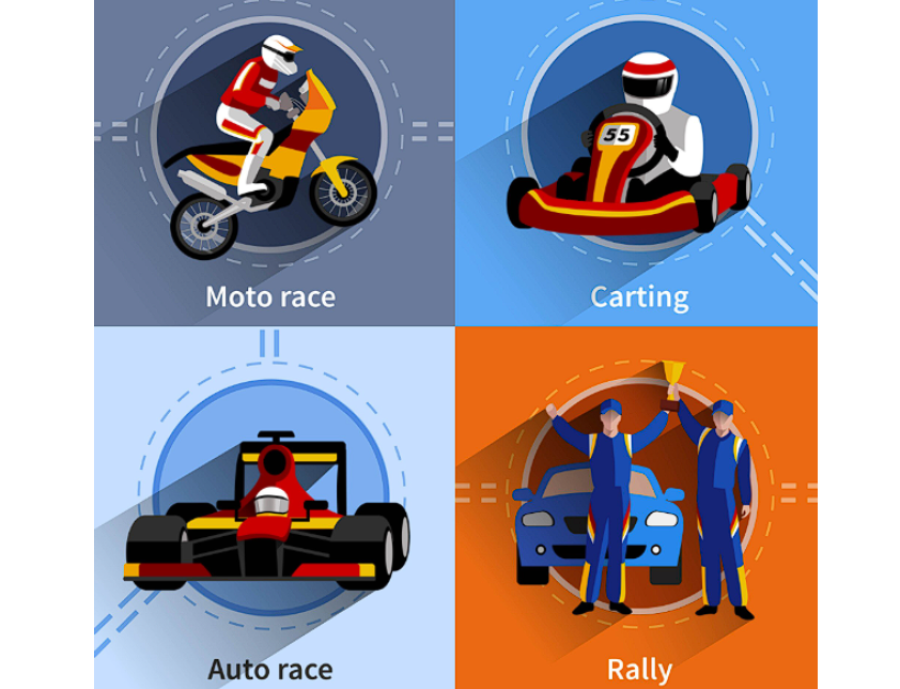Education is often seen as a means to personal success and career advancement, but its true power lies in its ability to transform individuals into agents of positive change within society. Beyond imparting knowledge and skills, education shapes values, fosters empathy, and cultivates a sense of responsibility towards the community and the world at large.
At its core, education equips individuals with the tools to understand complex societal issues and empowers them to contribute meaningfully to their resolution. Whether through formal schooling or informal learning experiences, education nurtures critical thinking and problem-solving abilities that are crucial for tackling the multifaceted challenges facing our global community today.
Building Empathy and Social Responsibility
One of the fundamental roles of education is to instill empathy and social responsibility in individuals. By exposing students to diverse perspectives, cultures, and histories, education broadens their understanding of the world and fosters respect for others. This appreciation of diversity is essential for building inclusive societies where everyone has a voice and feels valued.
Moreover, education teaches the importance of ethical behavior and civic engagement. Students learn about their rights and responsibilities as citizens, as well as the impact of their actions on others and the environment. This knowledge forms the foundation for ethical decision-making and encourages individuals to take an active role in shaping a more just and sustainable society.
Promoting Community Engagement
Education also plays a crucial role in promoting community engagement and volunteerism. Schools and universities often provide opportunities for students to participate in service-learning projects, where academic knowledge is applied to real-world challenges. These experiences not only enhance learning outcomes but also cultivate a sense of civic duty and a commitment to making a positive difference in the community.
Furthermore, education equips individuals with leadership skills necessary for mobilizing others and effecting change. Whether through organizing community events, advocating for social justice, or participating in grassroots initiatives, educated individuals are better equipped to address local and global issues and contribute to building stronger, more resilient communities.
Preparing Global Citizens
In an increasingly interconnected world, education prepares individuals to be global citizens who are aware of global challenges and committed to finding collaborative solutions. Through programs such as international exchanges, multicultural education, and global awareness initiatives, students develop a global perspective and an appreciation for the interconnectedness of global issues such as climate change, poverty, and human rights.
By fostering cross-cultural understanding and empathy, education promotes peaceful coexistence and cooperation among nations. It encourages individuals to transcend national boundaries and work together towards common goals, whether it's promoting sustainable development, advancing human rights, or addressing global health crises.
Conclusion
Education is not just about acquiring knowledge and skills; it is a powerful force for social transformation and positive change. By instilling empathy, fostering social responsibility, promoting community engagement, and preparing global citizens, education equips individuals with the mindset and capabilities to serve society effectively.
As we navigate an increasingly complex and interconnected world, investing in education becomes more critical than ever. By empowering individuals to understand, empathize, and act, education becomes a catalyst for building a more inclusive, equitable, and sustainable future for all. Thus, education for service to society is not merely an ideal but a practical imperative for creating a better world.









